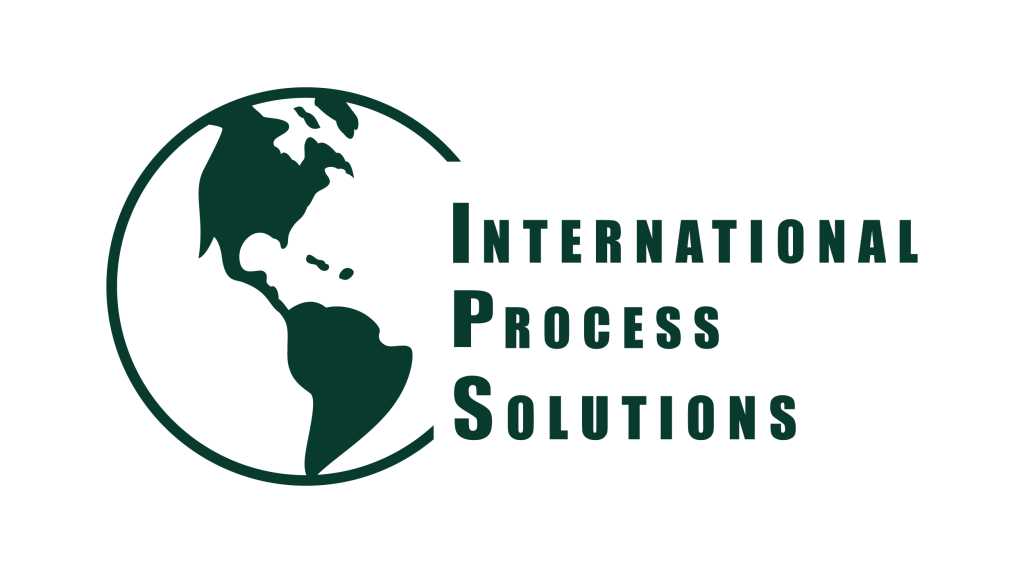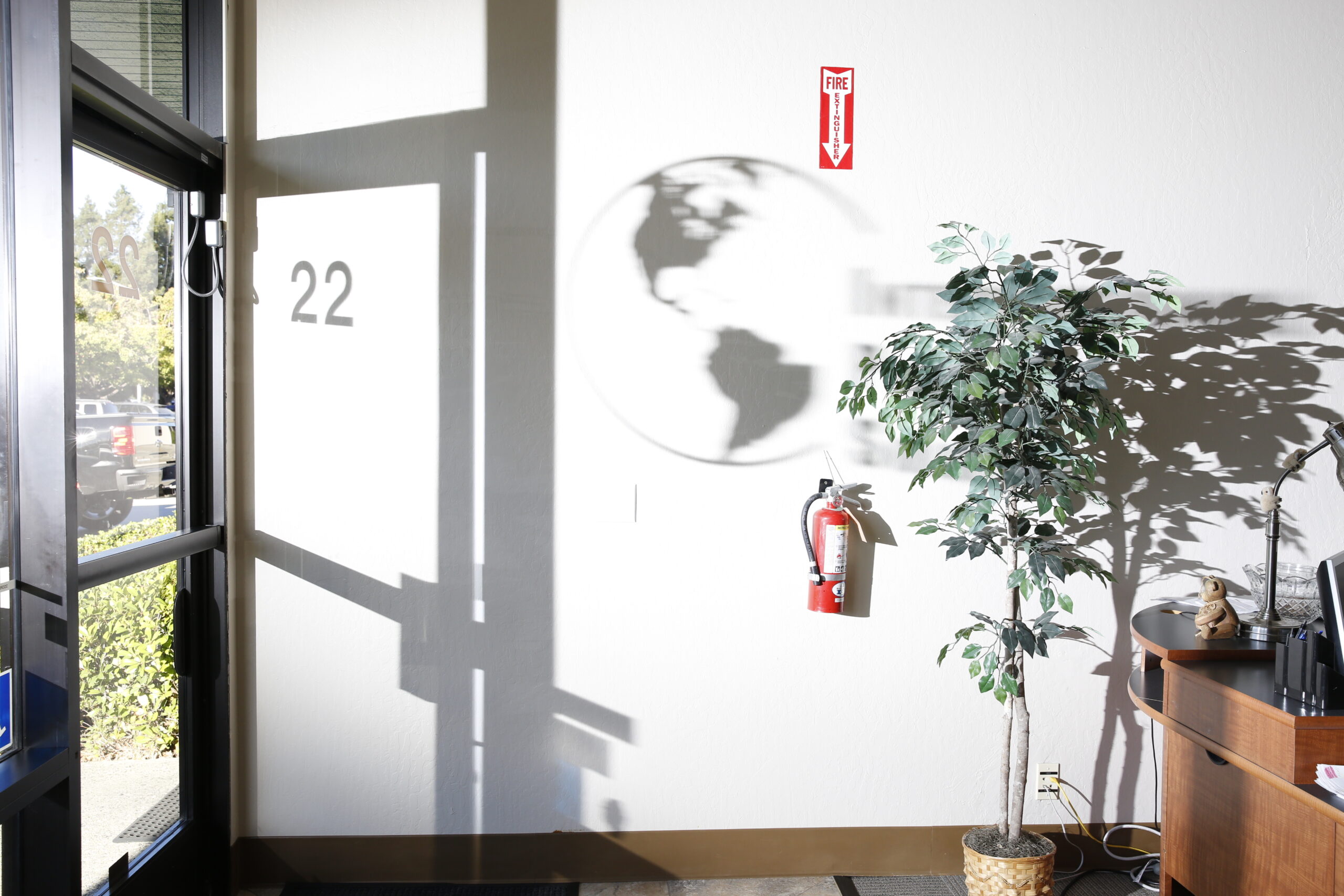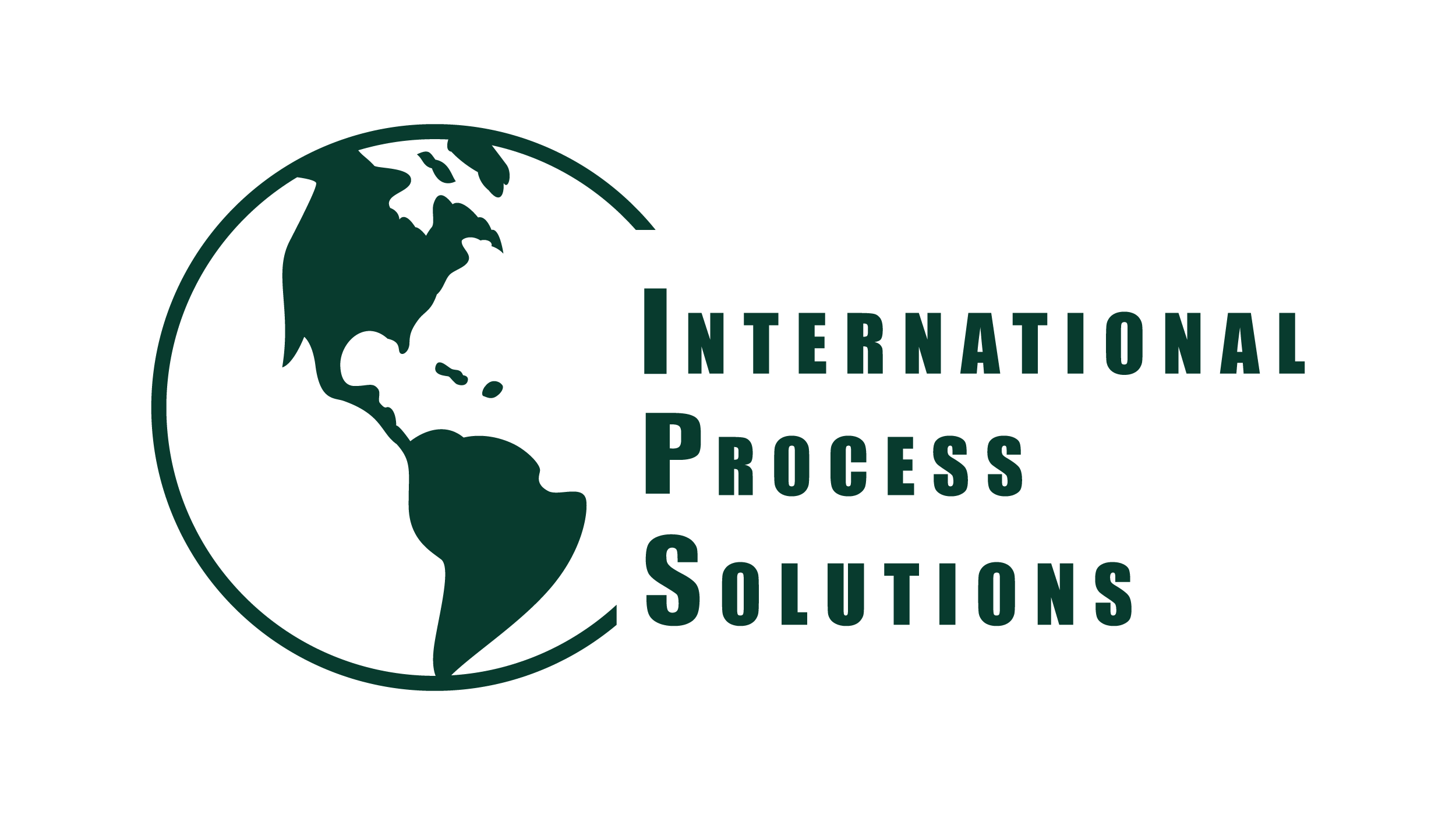At International Process Solutions (IPS), we understand that precision, reliability, and compliance are the foundation of every successful calibration service. That is why we emphasize the importance of ISO/IEC 17025 accreditation, the international standard for testing and calibration laboratories. This globally recognized benchmark defines the competence, impartiality, and consistent operation of laboratories—ensuring that clients receive results they can trust.
Understanding ISO/IEC 17025
ISO/IEC 17025 is the international standard specifically developed for laboratories engaged in testing and calibration. It outlines the technical requirements necessary to demonstrate competency and the quality management system requirements needed to ensure consistent operation. Accreditation to this standard is granted by recognized bodies after a rigorous evaluation process that assesses both technical expertise and quality system practices.
For calibration services, this accreditation provides assurance that measurements are accurate, traceable, and compliant with the highest industry expectations. In essence, ISO/IEC 17025 ensures that every result issued by an accredited laboratory can be trusted globally.
Key Components of ISO/IEC 17025 for Calibration
To fully appreciate its importance, it is essential to break down the core elements of ISO/IEC 17025 that directly impact calibration services:
1. Technical Competence
Calibration requires more than equipment—it requires highly skilled technicians capable of interpreting results and applying precise methodologies. ISO/IEC 17025 accreditation confirms that a laboratory’s personnel are trained, competent, and continually evaluated to uphold exacting standards.
2. Traceability of Measurements
A cornerstone of ISO/IEC 17025 is traceability to international standards, such as those maintained by the National Institute of Standards and Technology (NIST). This ensures that every calibration result can be traced through an unbroken chain of comparisons, ultimately linking back to universally recognized measurement units.
3. Rigorous Equipment Control
Calibrating equipment demands meticulous control of instruments. ISO/IEC 17025 requires laboratories to regularly maintain, verify, and calibrate their own tools, guaranteeing that all measurements remain precise and reliable.
4. Quality Management System (QMS)
Accredited laboratories implement a robust quality management system that governs all aspects of their operations. This includes documented procedures, corrective actions, internal audits, and customer feedback mechanisms that ensure continuous improvement.
5. Impartiality and Confidentiality
ISO/IEC 17025 also requires laboratories to demonstrate impartiality in their work, safeguarding the integrity of results, and to maintain confidentiality when handling customer data.
Why ISO/IEC 17025 Matters for Calibration Services
In industries where accuracy and compliance are critical—such as pharmaceuticals, aerospace, manufacturing, and healthcare—the value of ISO/IEC 17025 cannot be overstated. Here is why it matters:
- Global Recognition: ISO/IEC 17025 is accepted internationally, which means calibration certificates from accredited laboratories are respected worldwide.
- Reduced Risk: Accurate calibration minimizes the risk of equipment failure, product defects, or safety hazards, which could otherwise lead to costly downtime or regulatory non-compliance.
- Regulatory Compliance: Many industries require calibration services to be performed by ISO/IEC 17025-accredited laboratories to meet FDA, ISO, or other regulatory standards.
- Customer Confidence: Accreditation assures clients that results are both reliable and defensible, strengthening trust in the services provided.
- Operational Excellence: By adhering to ISO/IEC 17025, laboratories continually refine their processes, enhancing overall efficiency and effectiveness.
ISO/IEC 17025 vs. ISO 9001
A common point of confusion is the distinction between ISO/IEC 17025 and ISO 9001. While both standards emphasize quality, they serve different purposes.
- ISO 9001: Focuses on the general quality management system applicable to all types of organizations.
- ISO/IEC 17025: Tailored specifically for laboratories, emphasizing technical competence, measurement traceability, and impartiality.
A laboratory can be certified to ISO 9001 without being technically accredited under ISO/IEC 17025. However, for calibration services, ISO/IEC 17025 carries significantly more weight because it validates not only the management system but also the technical accuracy of results.
Industries That Rely on ISO/IEC 17025 Calibration
Accredited calibration services play a vital role across diverse industries:
- Pharmaceutical & Biotechnology: Ensuring laboratory instruments comply with Good Manufacturing Practices (GMP) and FDA requirements.
- Aerospace & Defense: Guaranteeing measurement accuracy in mission-critical equipment where safety and performance are paramount.
- Automotive Manufacturing: Supporting precision in production processes to maintain consistency, efficiency, and compliance with industry standards.
- Energy & Utilities: Calibrating instruments that monitor power generation, distribution, and environmental impact.
- Medical Devices: Meeting stringent calibration requirements to ensure patient safety and regulatory approval.
Benefits of Partnering with an ISO/IEC 17025-Accredited Laboratory
When organizations choose an accredited laboratory like International Process Solutions, they receive benefits that extend beyond compliance:
- Assurance of Accuracy: Every calibration is backed by traceable, verifiable data.
- Audit Readiness: ISO/IEC 17025 certificates provide documented proof of compliance during regulatory or client audits.
- Cost Savings: Reliable calibration reduces equipment downtime, product recalls, and compliance penalties.
- Confidence in Results: Accredited services provide defensible data for internal decision-making, regulatory filings, and client reporting.
The Accreditation Process
Achieving ISO/IEC 17025 accreditation is a demanding process that includes:
- Gap Analysis – Reviewing current practices against the standard.
- System Implementation – Establishing documented procedures and training staff.
- Internal Audits – Conducting audits to identify and resolve nonconformities.
- Assessment by Accreditation Body – External auditors verify both technical and management system compliance.
- Continuous Monitoring – Ongoing surveillance audits to ensure consistent compliance.
This rigorous process ensures that accredited laboratories consistently deliver the highest quality calibration services.
Why Choose International Process Solutions (IPS)
At International Process Solutions, our mission is to deliver calibration services that exceed expectations. Our ISO/IEC 17025 accreditation demonstrates our unwavering commitment to accuracy, compliance, and customer satisfaction. By partnering with IPS, clients gain access to:
- Expert Technicians with extensive industry knowledge.
- State-of-the-Art Equipment maintained to exacting standards.
- NIST-Traceable Results for complete confidence in every calibration.
- Comprehensive Services tailored to the unique needs of pharmaceuticals, aerospace, manufacturing, and other regulated industries.
- Responsive Support designed to keep your operations running smoothly with minimal downtime.
Conclusion
ISO/IEC 17025 is more than a certification—it is the gold standard for calibration services. For organizations that require precision, compliance, and reliability, choosing an accredited laboratory is essential. At International Process Solutions, we are proud to uphold these standards, providing calibration services that clients can trust with complete confidence.
To learn more about our ISO/IEC 17025-accredited calibration services, visit International Process Solutions today.




